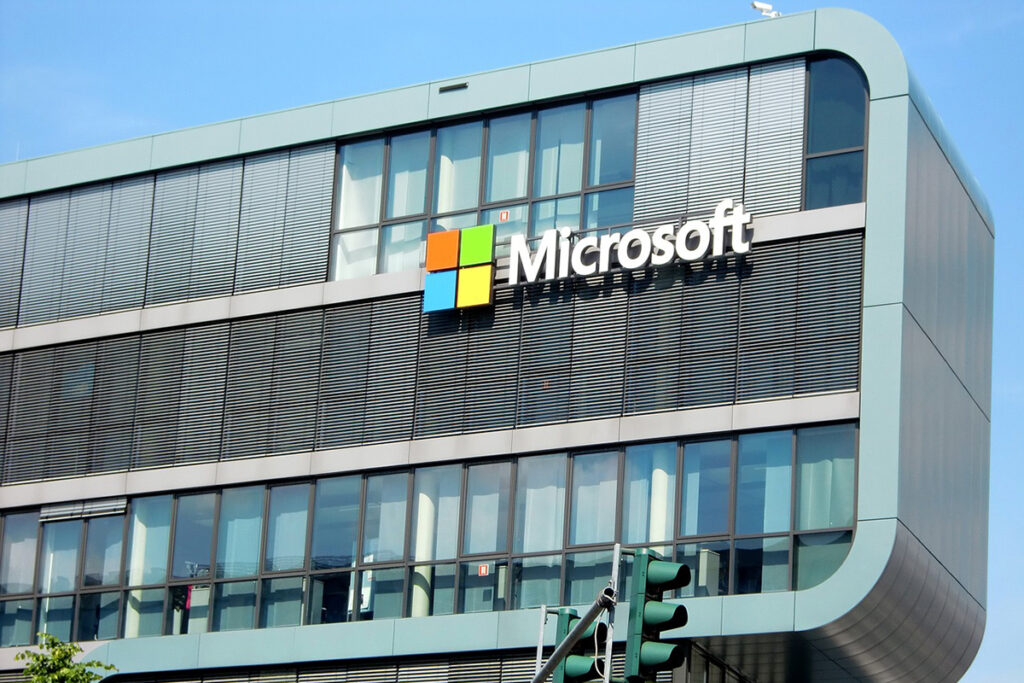In the ever-evolving landscape of the stock market, tech giants wield substantial influence. Microsoft, with its $2.77 trillion market capitalization, is now on the verge of dethroning Apple as the most valuable U.S.-based stock. But what could this mean for major stock indices like the Nasdaq, S&P 500, and Dow Jones Industrial Average? Let’s explore Microsoft’s journey towards becoming the heavyweight champion of the stock market.
Microsoft’s Impact on Market Indices
Microsoft’s colossal market cap isn’t the only reason it’s in the spotlight. It plays a pivotal role in the composition of major stock indices. In the S&P 500 and Nasdaq Composite, both market-cap-weighted indices, Microsoft accounts for 7.24% and 10.32%, respectively. Its remarkable 55.6% year-to-date stock price gain has significantly influenced the broader market, contributing to the S&P 500’s 18.4% gains and the Nasdaq Composite’s 35.9% gains this year.
The Complex Role of Microsoft in the Dow Jones Industrial Average
The Dow Jones Industrial Average differs from the S&P 500 and Nasdaq as a price-weighted index. Here, stocks with higher share prices hold greater weightings. While Apple takes a heavier share in the S&P 500 and Nasdaq, it has only a 3.59% weighting in the Dow compared to Microsoft’s 7.08%. Microsoft has played a substantial role in the Dow’s 5.86% gain this year, without which it would have risen by only 2.6%. However, it’s important to note that UnitedHealth Group currently holds the highest weighting in the Dow.
Microsoft’s Strong Foundation for Growth
Microsoft’s longevity and diversified portfolio contribute to its potential dominance. With decades in the industry, it offers consumer-focused and enterprise software solutions, a thriving cloud business, and a leading position in artificial intelligence (AI). Notably, Microsoft’s robust free cash flow provides ample resources to support legacy ventures and invest in future growth. In the most recent quarter, the company achieved a record-high free cash flow of $20.7 billion, highlighting its financial prowess.
Microsoft’s consistent generation of free cash flow over the past decade—totaling $264.24 billion in the last five fiscal years—demonstrates its financial stability. This cash can be allocated for stock buybacks, dividends, acquisitions, or reinvestment, further fueling its growth.
Microsoft’s Ascent in the Stock Market
As Microsoft inches closer to surpassing Apple in market capitalization, it holds the potential to become the most influential stock in the S&P 500, Nasdaq, and even the Dow Jones Industrial Average. While its current price-to-earnings ratio stands at 36.1, signaling high expectations, Microsoft’s history of consistent free cash flow generation and diverse portfolio make it a promising long-term investment. While short-term challenges may arise, five years from now, Microsoft could solidify its position as a dominant player in the world of stock indices, shaping the future of the stock market.


